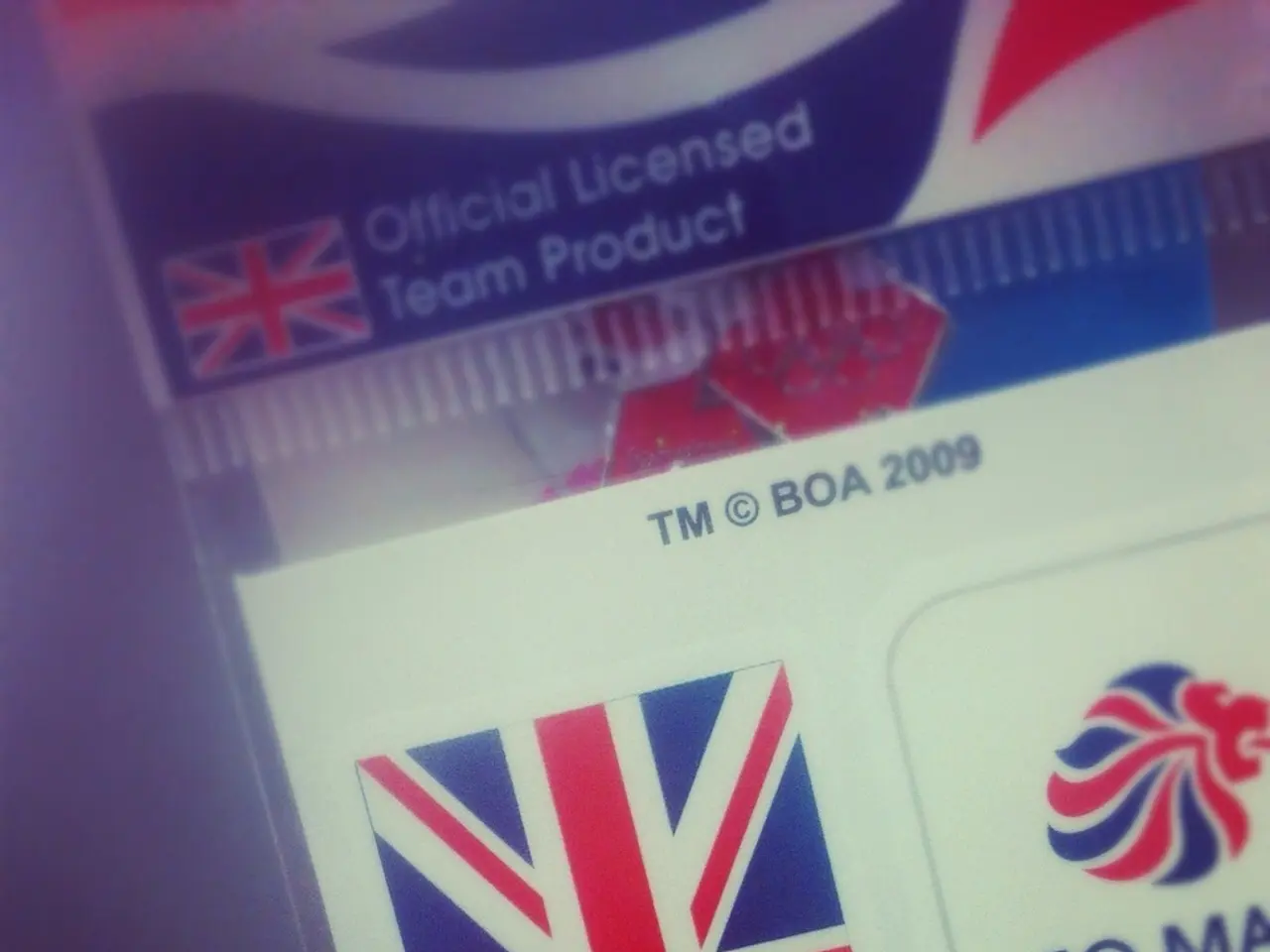Internal Audit Training by ISO Standards
For those interested in ensuring their organization complies with International Organization for Standardization (ISO) requirements, becoming an ISO Internal Auditor can be a rewarding career path. Here's a step-by-step guide on how to become an ISO Internal Auditor.
Understanding the ISO Standard
The first step in becoming an ISO Internal Auditor is to familiarize yourself with the relevant ISO standard for your field. For instance, if you're working in quality management, you might focus on ISO 9001, while information security might involve ISO 27001. Gaining a solid understanding of the standard's clauses and requirements is essential.
Formal Training
Once you have a good grasp of the standard, the next step is to undergo formal training in internal auditing based on that ISO standard. This training, offered by organizations such as BSI or ASQ, typically lasts 2-3 days and covers audit principles, planning, execution, reporting, and follow-up actions.
Learning the Audit Process
The training will also equip you with the skills to learn the audit process, including document review, evaluation of compliance, conducting on-site audits, interviewing personnel, and identifying nonconformities or areas for improvement.
Gaining Practical Experience
To develop your auditing skills, it's important to gain practical experience by participating in internal audits within your organization. This hands-on experience will allow you to apply your knowledge in a real-world setting.
Maintaining Objectivity and Impartiality
As an auditor, it's crucial to maintain objectivity and impartiality, ensuring you audit without conflicts of interest. This requirement is outlined in audit standards such as ISO 27001 Clause 9.2.
Receiving Certification or Qualification
Upon successful completion of the training and practical assessments (which vary by training provider), you will receive certification or qualification as an ISO Internal Auditor.
Benefits of ISO Internal Auditor Training
By undergoing ISO Internal Auditor Training, you'll gain expertise in ISO standards and learn how to apply them effectively within your organization to ensure compliance and continual improvement. You'll also improve your audit skills, such as planning audits, evaluating conformity, interviewing, and reporting findings clearly.
Furthermore, you'll be able to identify nonconformities and opportunities for improvement, helping your organization prepare better for external certification audits. As a certified internal auditor, you'll also gain enhanced credibility, often recognized by certificates from reputable bodies such as BSI’s “Mark of Trust.”
Moreover, ISO Internal Auditor Training supports organizational compliance by ensuring internal audits are properly conducted at planned intervals in line with requirements. It also contributes to the continuous improvement of management systems and risk mitigation through effective audits.
In summary, ISO Internal Auditor Training equips individuals with the knowledge, skills, and confidence to perform effective internal audits that support organizational certification and improvement goals. The training teaches participants how to interpret and apply ISO standards within an organization, enhances their ability to identify improvement opportunities and provide recommendations, and enables them to become certified auditors and play a vital role in ensuring an organization complies with ISO requirements. Additionally, ISO Internal Auditor Training enhances one's ability to assess risks and opportunities associated with an organization's management system. There are many registered training organizations that offer this program globally.
Engaging in ISO Internal Auditor Training provides a means for personal growth and learning, as it equips individuals with the knowledge and skills to effectively interpret and apply International Organization for Standardization (ISO) standards within their organizations. This education-and-self-development opportunity helps individuals focus on personal-growth areas, such as enhancing their audit skills and identifying improvement opportunities within their organization. Furthermore, by gaining certification as an ISO Internal Auditor, one can contribute significantly to their organization's ongoing personal-growth and continuous improvement objectives.




